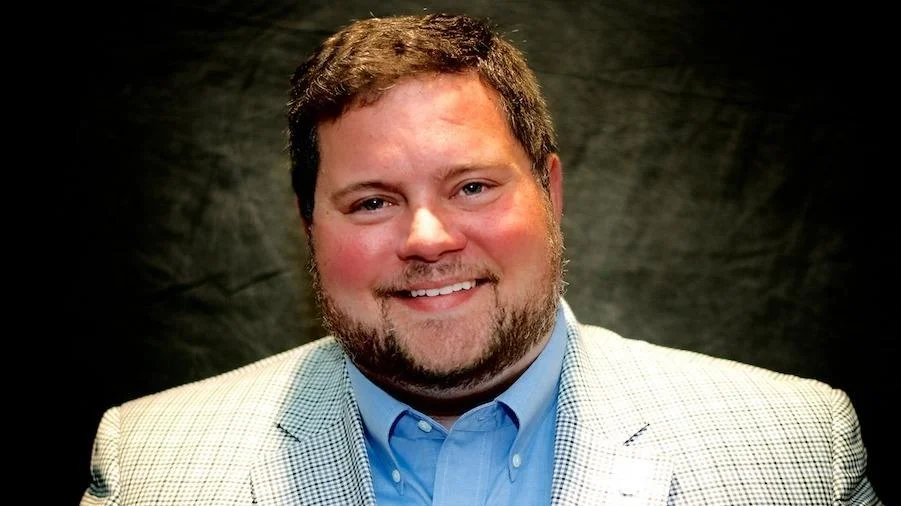
As the new school year begins, questions about free speech in educational institutions are once again at the forefront. The Supreme Court has long referred to schools as the "marketplace of ideas," and many significant free speech decisions have emerged from conflicts involving universities and public schools. Currently, a major free speech issue involves a first grader in California.
The Pacific Legal Foundation (PLF), a civil rights nonprofit law firm, is defending the free speech rights of a six-year-old student identified as "B.B." After learning about Dr. Martin Luther King Jr., B.B. created a drawing with her friends that included the words "Black Lives Matter" and later added "all lives." This led to complaints from a parent, resulting in B.B. being banned from drawing pictures at school, ordered to apologize in front of her class, and prohibited from participating in recess for two weeks.
B.B.'s mother sued the school district for violating her daughter's First Amendment rights. However, U.S. Central District Court Judge David Carter sided with the school, stating: “Giving great weight to the fact that the students involved were in first grade, the Court concludes that the drawing is not protected by the First Amendment.” Despite no disruption or offense caused at school, Judge Carter decided that B.B.'s friend's "right to be left alone" outweighed B.B.'s diminished First Amendment protection.
Pacific Legal Foundation plans to appeal this decision to the Ninth Circuit Court of Appeals. They argue that it is crucial for public schools to teach students about First Amendment values as they are future teachers, legislators, and judges.
In another case concerning student rights, The Becket Fund for Religious Liberty won a significant victory against the District of Columbia on behalf of The Fellowship of Christian Athletes (FCA). A federal district court ruled that a D.C. public school violated both the First Amendment and the Religious Freedom Restoration Act when it removed FCA from campus following a complaint from a part-time baseball coach.
Additionally, two weeks ago, the University of Texas Board of Regents amended its free speech policy to reaffirm its commitment to open inquiry and institutional neutrality. The new policy guarantees all members broad latitude to speak and learn while emphasizing that it is not the university's role to shield individuals from controversial ideas or adopt positions based on political or social pressures.
The University of Texas System is one of Texas' largest university systems with nine universities and five independent health institutions serving over 250,000 students. The Foundation for Individual Rights and Expression (FIRE) has advocated for such policies ensuring universities facilitate debate rather than participate in it.
Vanderbilt University also emphasized its commitment to free speech during freshman orientation this month. Chancellor Daniel Diermeier informed new students that Vanderbilt would not tolerate threats or protests disrupting learning environments. This initiative aims to set clear expectations following recent campus protests across America.
Three years ago, FIRE released College Free Speech Rankings which have helped students understand free speech climates on different campuses. These rankings may have influenced recent actions by institutions like Texas and Tennessee towards improving their speech policies.